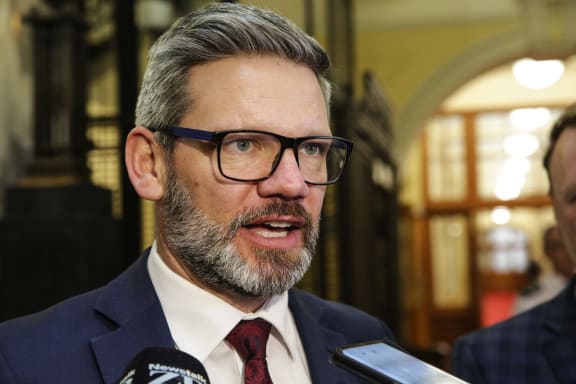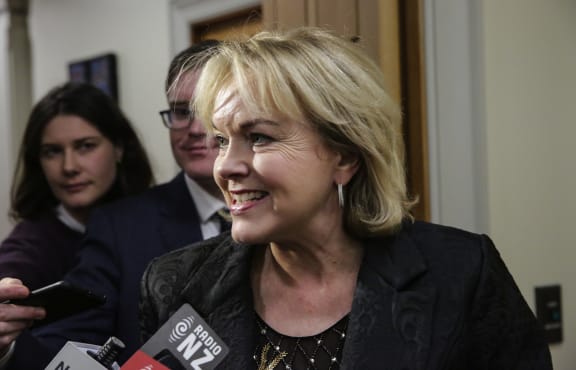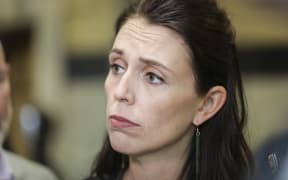A barrage of written questions from the National Party is heaping pressure on ministerial offices, prompting one to restructure and a government agency to hire a new staff member.

Photo: 123rf.com
In the year since forming the government, ministers have received 42,221 written parliamentary questions from National MPs. That's around 800 a week, or 115 a day, weekends included.
Several ministers have been caught tripping up over the process - which the National Party calls incompetence.
But Auckland University Emeritus Professor Barry Gustafson said the exercise appeared to be more of a fishing expedition than anything to do with policy.
"They cast a hundred or thousand hooks into the sea and hope that they'll pull up one fish."
The opposition was searching for inconsistencies in ministers' answers or something they could develop to embarrass the government.
"It's getting well away, when you do that, from the original intention of written questions - which was to hold the government accountable on major policy matters and actions."
A spokesperson for Immigration Minister Iain Lees-Galloway said his office had requested additional staffing to deal with the high volume of written questions and official information requests.
"This was unavailable so the office restructured to employ a staff member to coordinate responses," he said in a statement.

Photo: RNZ / Richard Tindiller
Housing Minister Phil Twyford said the KiwiBuild unit in the new Ministry of Housing and Urban Development had to hire someone with the primary job of answering opposition questions.
Mr Twyford said he was committed to answering questions properly as they were an important part of the parliamentary process.
But he said "there's no doubt that the volume and the trivial nature of some of the questions is a deliberate tactic by the opposition to tie up government staff resources."
National housing spokesperson Judith Collins stood by every one of her questions.
They included queries about whether KiwiBuild houses would have doorbells and dishwashers, how far a carpark was from new KiwiBuild apartments and whether there were any dining options in the vicinity of new builds.
"I want to know about the quality of the build, I want to know what people are getting when they buy it. And, actually, I think that is something that people want to know," she said.
"If they've got a problem with it, they should just send me the plans."
Opposition MPs had to ask very specific questions when a minister refused to answer broader questions properly, Ms Collins said.

Photo: RNZ / Richard Tindiller
"You end up having to send maybe five or six questions, when one decent answer was all you actually wanted."
Other ministers' offices had pulled people off their usual posts in various ministries, which Prof Gustafson said was a waste of taxpayer money.
"You're going to clog the system up with a lot of quite trivial and unnecessary [questions].
"For every good bit of information you get out, you're probably going to have a hundred or perhaps many hundreds of questions that produce nothing particularly."
Prof Gustafson said both sides were guilty.
But Prime Minister Jacinda Ardern said National had lodged way more questions than Labour had when it was in opposition.
"Roughly 42,000 questions in a year. That's how many we asked in three years," she told reporters.
National received 19,009 questions from Labour in its first year of government.
But the numbers do vary: In 2010 the Labour MP Trevor Mallard, now Parliament's Speaker, wrote and sent 20,570 questions to National ministers.
While Mr Mallard would not comment on whether he thought that was appropriate, he said he had noticed that "ministers who proactively release material are subject to fewer questions".
A very low proportion of questions were disallowed, he said.
National leader Simon Bridges said he led a party with 20 more MPs in it than Labour had in opposition and therefore they would ask more questions.
Ministers had a responsibility to provide answers on time and accurately, Mr Bridges said.
"They should spend less time complaining about how many questions they're getting and more time answering them."




